Residents in many areas brave blizzards, plummeting temperatures
The coldest air of this winter to date, which swept across China, transformed landscapes into frozen wonderlands.
Topics such as "the West Lake was frozen" and "the Shandong Peninsula looks like an Arctic research site" dominated discussions on Sina Weibo.
On Xiaohongshu, a lifestyle-focused social media platform, one netizen posted, "Some people can afford to go to Siberia these days, but the Shandong Peninsula is far more cost-effective."
Over the past two weeks, residents have braved blizzards and plummeting temperatures as waves of cold air broke records nationwide.
On Dec 12, the China Meteorological Administration issued its first yellow alert in a decade for freezing temperatures.
From Dec 13 to 16, many parts of northern China and the southern provinces of Hunan, Hubei and Guizhou witnessed drops in temperature of more than 14 C.
Fu Jiaolan, chief forecaster at the National Meteorological Center, said that since last month, three rounds of cold weather have hit many areas of the country.
Along with the cold air, some parts of the country have been affected by snow, rain and sandstorms, Fu said.
Ge Xuanxi, a white-collar worker based in Beijing, who returned to her hometown of Yantai, Shandong province, for a holiday, said, "I haven't seen this much snow for years and have had to cancel my plan to dine out with friends.
"Snow is wonderful. The local landscape looks like a scene from the Japanese television series First Love," Ge said. "A friend of mine who has just returned from Norway said the snow scene here looks exactly the same as that in Norway.
"Snow is fine, as long as it doesn't cause disasters."
Authorities mobilized resources and implemented measures to tackle the challenges posed by the cold weather.
The transportation and energy sectors stepped up efforts to ensure safety and power supplies.
On Dec 17, China set records for the use of electricity and natural gas, with the former peaking at 1.24 billion kilowatts, and gas consumption surpassing 1.42 billion cubic meters, official data show.
The National Development and Reform Commission, the country's top economic planner, said it is working with other agencies to ensure that electricity and natural gas supplies meet the surging demand for energy during the heating season.
In Dachuan town, Shiyan city, Hubei province, power supplies were disrupted when heavy snow lodged in trees on Dec 14. A swift response from power workers working at an altitude of 1,200 meters ensured electricity was quickly restored.
Lyu Yulong, an official in charge of power supplies in the Shiyan Economic and Technological Development Zone, said challenges were posed by freezing rain, which resulted in ice covering power lines.
The workers swiftly carried out repairs, and power was restored before 10 pm on Dec 14, Lyu said.
Traffic was also affected by the heavy snowfall, posing threats to road safety.
Zhang Zhijie, from Hubei Expressway Business Development Co, said the company carried out snow-melting operations four times overnight on Dec 14 from Shiyan city to Fangxian county.
The company, which is responsible for maintaining a 618-kilometer highway, including 574 bridges, numerous steep slopes and sharp turns, said working in freezing temperatures was challenging.
A total of 48 snow removal devices were deployed by the company, which has stockpiled 2,227 metric tons of snow-melting agents for anti-freezing and skid resistance work for the winter and spring.










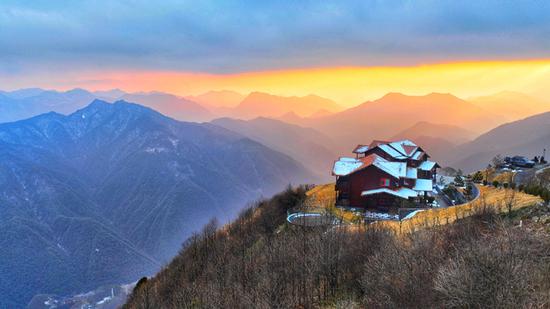
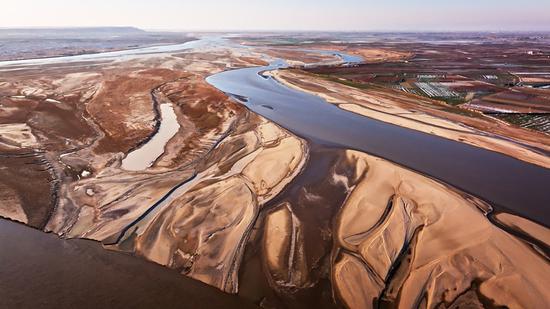

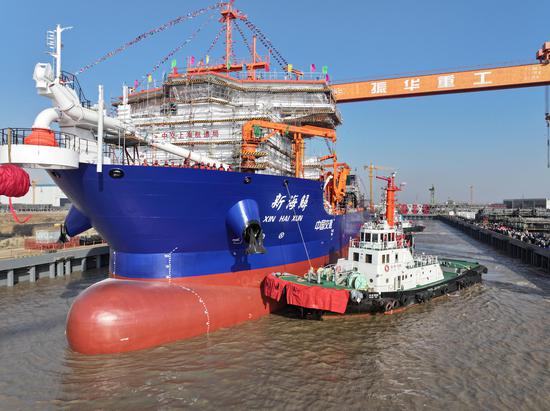
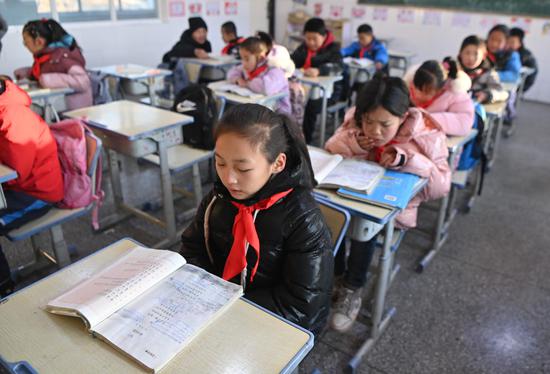







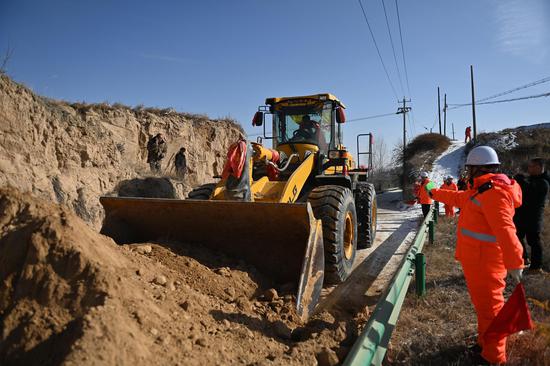
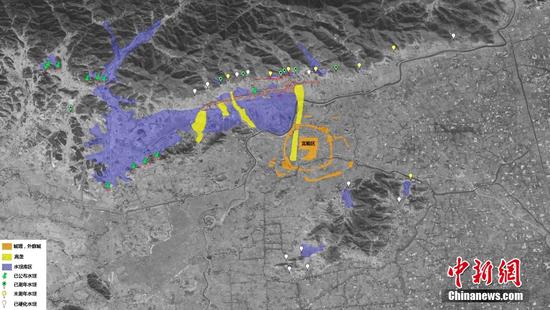
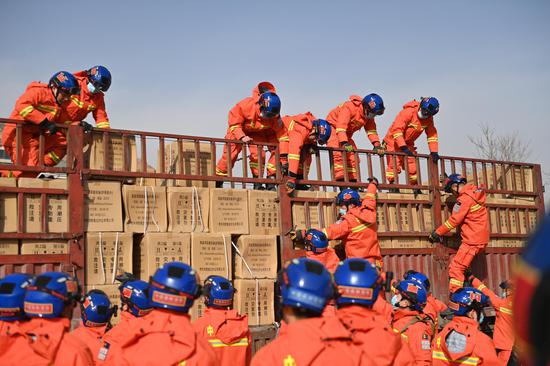




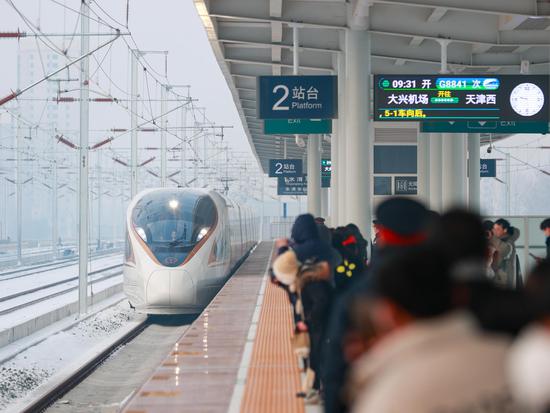
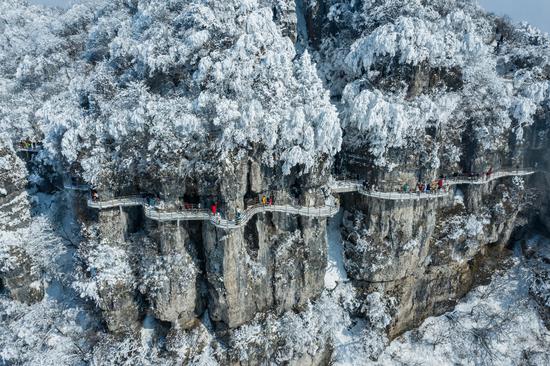
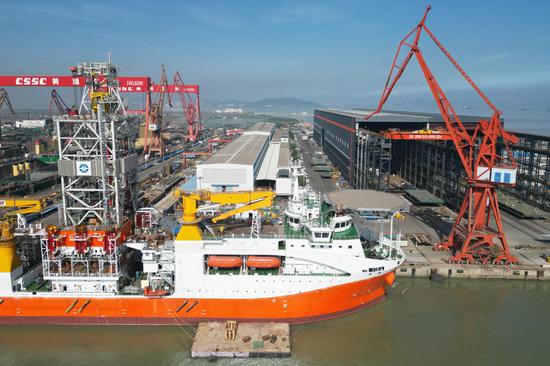

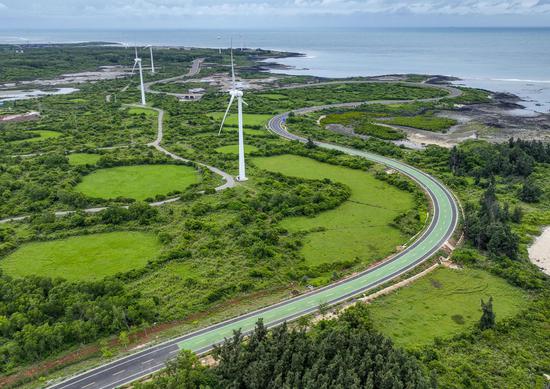
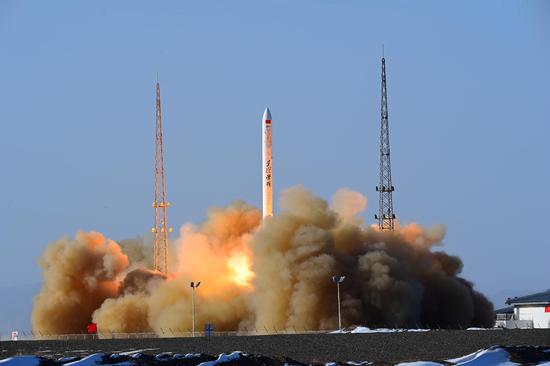
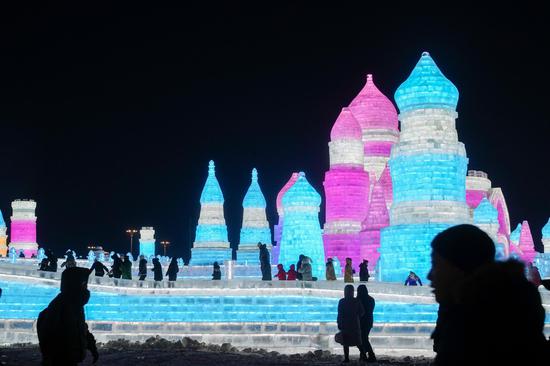
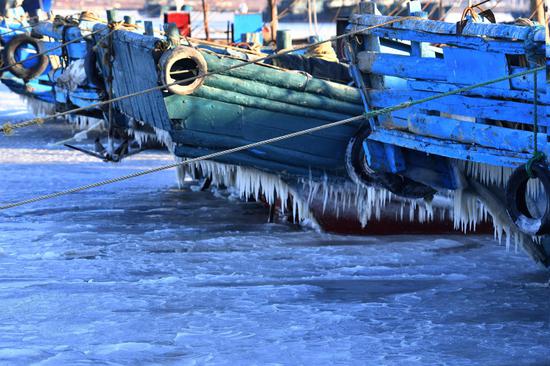


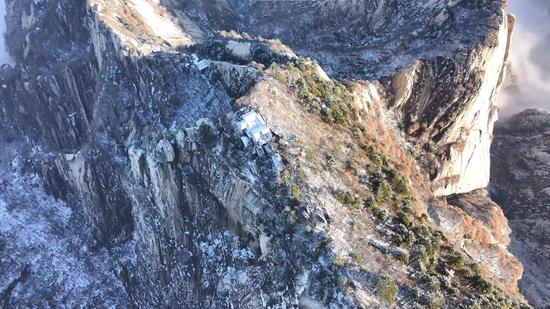

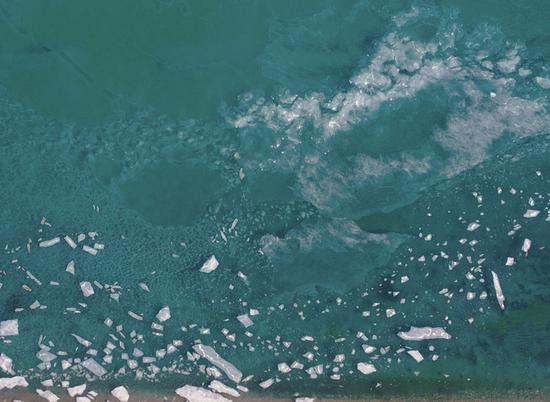
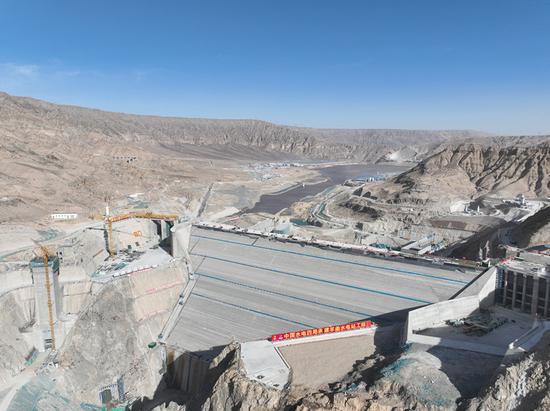







 京公网安备 11010202009201号
京公网安备 11010202009201号